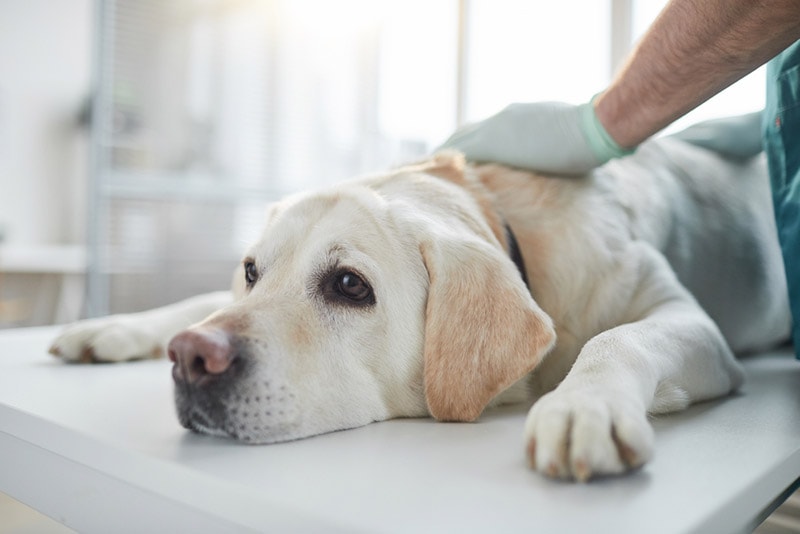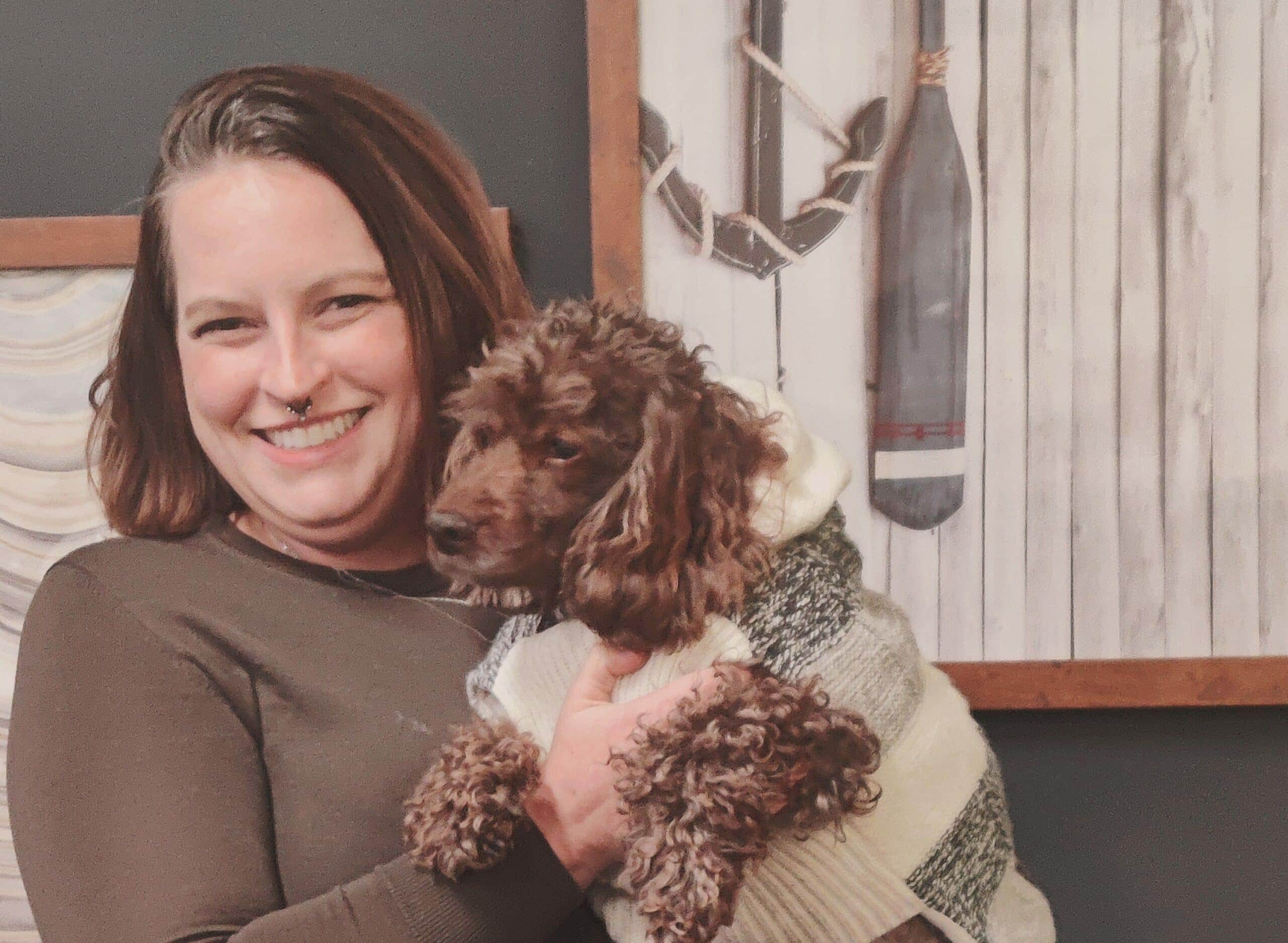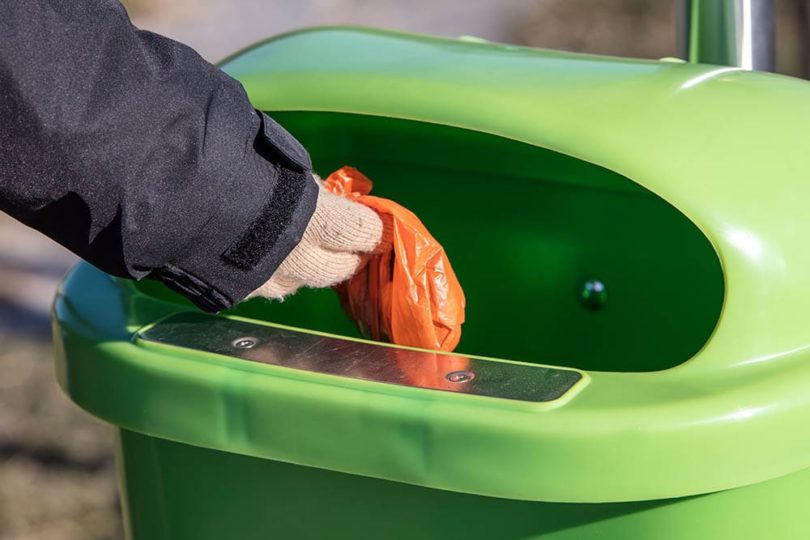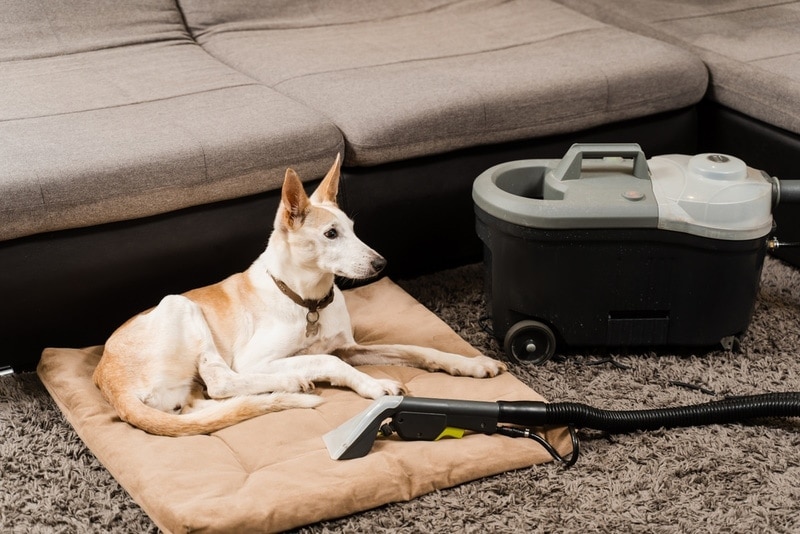Why Dogs Pee on Other Dogs? 7 Vet-Reviewed Reasons & How to Stop It

Updated on
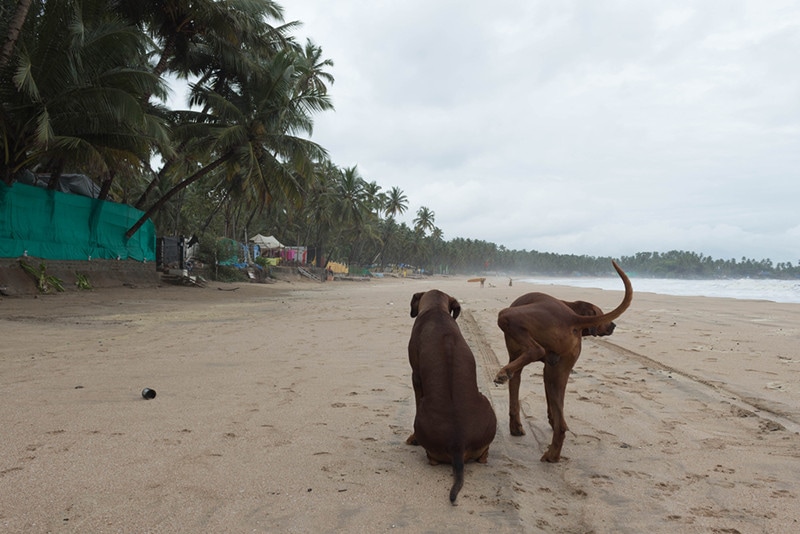
If your dog is guilty of peeing on other dogs, your first reaction might be embarrassment and disgust right before you wonder how to stop the behavior. To determine how to prevent it from happening again, you first need to understand the reason behind it. While it seems random, there is typically a logical explanation for the behavior. However, there are also many potential explanations, so let’s look at why your dog might be peeing on other dogs and what steps you can take to stop it from happening.
The 7 Reasons Dogs Pee on Other Dogs
1. Accidental Peeing
Accidents happen to the best of us; proximity and lack of attention can result in your dog accidentally peeing on another dog. If your dog has peed on another by accident, thankfully, there’s nothing you need to do about it—except maybe apologize to the other pet parent!
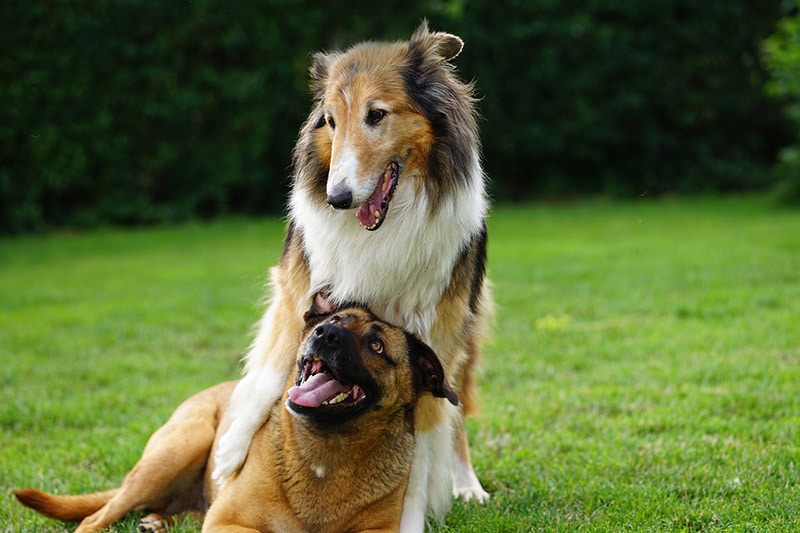
2. Marking Their Territory
You might be familiar with your dog stopping to pee on a wall to scent mark their territory; if your dog is feeling particularly threatened, they might pee on another dog in a show of dominance. This lets the newcomer know they’ve entered their territory and they’re showing who’s boss. You might also notice this occurring when you introduce a new pet to a home with a dog.
Neutering your dog can help with this behavior, but the best option is training; stay calm, use positive reinforcement, and practice leash training as excellent ways to prevent your dog from asserting dominance. Not only should you remove your dog from the situation when they’re being territorial, but you should also reward them when they are not displaying territorial behavior.
3. Not Spayed or Neutered
This point is connected to the previous one; while it isn’t particularly common, males have been known to pee on females when they are in heat. This lets other males know that this female is his.
Females generally mark areas before they go into heat, and they might urinate on males to repel or find mates. Again, spaying or neutering your dog will help with this behavior.

4. They’re Anxious
Anxiety can sometimes be so overwhelming that dogs can’t control their bladder when another dog sniffs them. Socialization is vital for a dog, especially one suffering from anxiety. It involves exposing your dog to other pets, people, and environments to prevent fearful reactions to unfamiliar stimuli. If you are unsure how to proceed, contact your vet for advice.
5. Medical Problem
Your dog might pee on another dog inadvertently because they have a urinary issue. If you notice your dog peeing more or having more accidents, there could be a medical issue involved, such as:
Contact your vet immediately if your dog experiences issues with abnormal urination or drinking behavior.
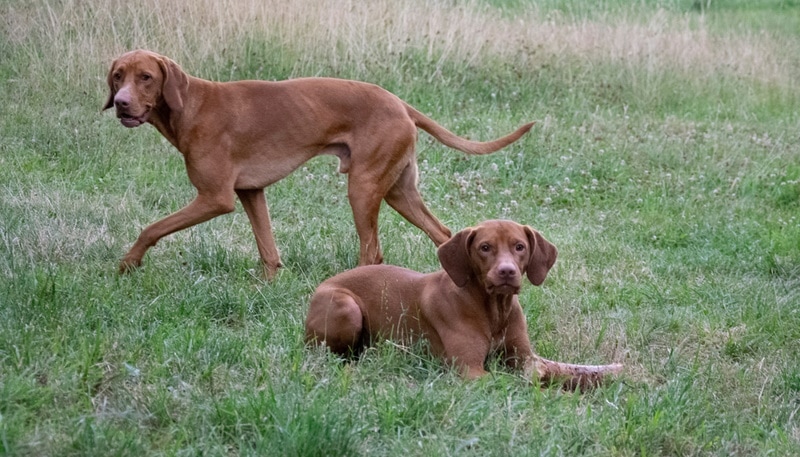
6. Drinking More for Non-Medical Reasons
Your dog might have more accidents because they are drinking more, which doesn’t always occur due to a health problem. A few other factors affect how much your dog needs to pee.
It might feel like we’re pointing out the obvious here, but sometimes the most obvious explanation is one that we don’t consider. So, something as small as a lifestyle change or a change in the brand of food you’re buying might change your dog’s urination schedule.
In these cases, the way to stop this behavior is to be proactive instead of reactive. For example, make sure you take your dog outside to go potty more often if you’ve noticed a pattern of accidents, whether they’re still toilet training or drinking more often. If their diet isn’t working for them, your vet can help select a healthy brand if you’re unsure where to start. And when it comes to the bad weather interrupting their peeing schedule, be sure to take them to the bathroom when the weather improves, and be patient if they’re frightened since harsh words will only scare them more.
7. They’re Excited
Anxiety isn’t the only reason your dog might be unable to control their bladder; excitement can also lead to accidents. If you notice your dog getting excited when you have guests around, never reprimand or punish them; just clean it up and carry on. You can also try to take them out to the yard or for a walk to empty their bladder before they arrive. Socialization can also help, as introducing them to new people, places, and scenarios will make having guests a more familiar occurrence than a novelty to get overexcited about.
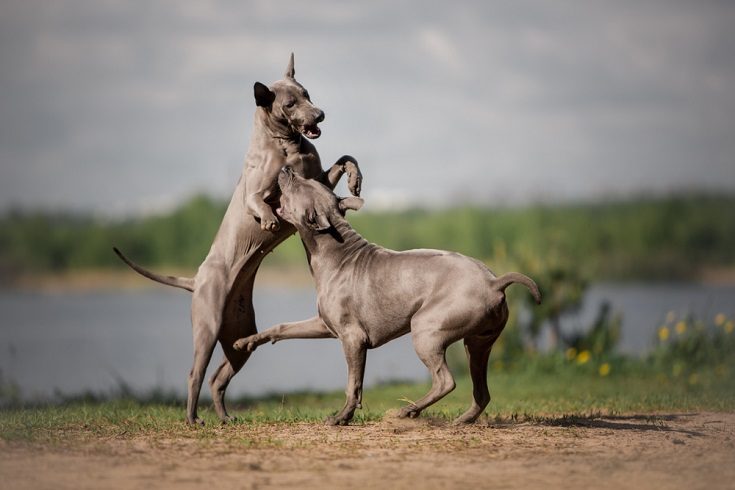
Cleaning Up
There are a few things pet parents should consider if they want to prevent this behavior. Ensuring proper cleaning of the area after incidents and eliminating urine smells that may linger on other pet’s coats.
Pet-Friendly Cleaners
If any areas of your home are soiled after an incident and if your dog can detect these scents, chances are they may be inclined to do it again. Immediately clean the areas to ensure that all traces of the odor are removed.
Our favorite enzyme cleaner for eliminating pet smells and stains is our very own Hepper Advanced Bio-Enzyme Pet Stain & Odor Eliminator Spray. It makes clean-up a breeze because it permanently removes even the very worst smells and stains (urine, feces, vomit, you name it!) from basically any surface you can imagine.
Pet Shampoo
If your pup is peeing on others because of a scent trapped in their fur, a dog-friendly shampoo should help curb future incidents. Of course, this might only be something that can be controlled when this behavior is happening in a multi-pet home.
There are a lot of pet shampoos on the market, but not all of them will keep your pet's skin and coat happy and healthy. The Hepper Pet Shampoo products are pH balanced and made with natural, safe ingredients like soothing oatmeal and aloe vera. Our shampoos will keep your pet clean, smelling fresh, and fully moisturized! The hardest part is deciding whether to get to traditional shampoo or the rinse-free version! Here’s a quick guide to help you choose the right option for your pet’s next bath!
Hepper Colloidal Oatmeal Pet Shampoo
Hepper Waterless No Rinse Pet Shampoo
Natural cucumber & aloe scent
Safe for cats & dogs
Rinsing required
Free of harsh chemicals & nasty ingredients
Lathers easily
Final Thoughts
There are various reasons why your pet might pee on another dog. Sometimes the reason behind this behavior is simple: they are drinking more on a hot day and get a little overexcited, while other times, there is something more sinister at play that requires a trip to the vet.
Whatever the reason, your pet’s new behavior should be taken seriously. When dogs change their routine or display new behavior, they are often trying to communicate something to their owners. If you address the problem with help from your vet, you can resolve the issue, and you won’t need to leave the dog park feeling embarrassed again!
Featured Image Credit: saclorine, Shutterstock







